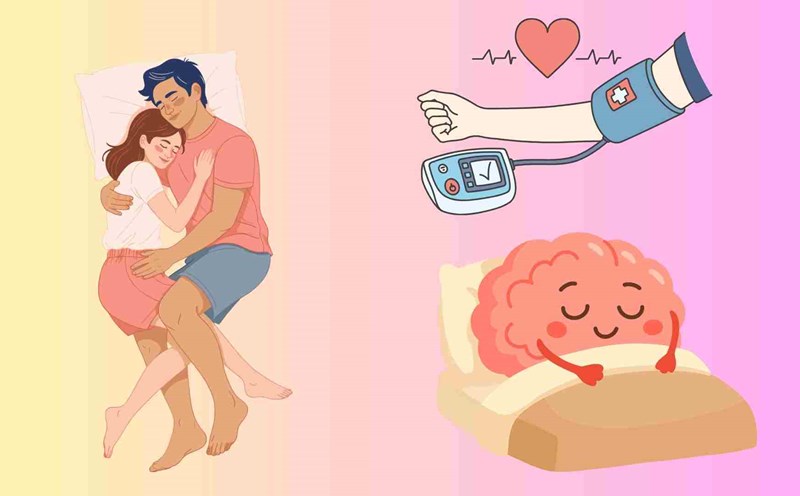Most women often consider stress as the cause of headaches, fatigue, mood swings or sleep disorders. However, Dr. Anand Chavan, Senior Consultant - Orthopedics, Fortis Hospital, Bangalore (India), warned that chronic stress also has a negative impact on bones, increasing the risk of osteoporosis and weakening the motor system over time.
How does stress affect bones?
When the body is subject to emotional, mental or physical stress, the hormone cortisol will increase. If cortisol levels remain high for a long time, it begins to damage bones.
According to Dr. Chavan:
Excess Cortisol inhibits bone-forming cell activity (osteoblast)
At the same time, increase the activity of bone-destroying cells (osteoclasts)
As a result, bones become weak, reduce density and become vulnerable
Women are more affected by hormones fluctuating according to the menstrual cycle, after giving birth and especially during menopause, when estrogen drops sharply, causing bones to lose natural defenses.
Lifestyle factors that make bone loss worse
Poor diet: Stress can easily lead women to choose foods high in sugar and low in nutrients, increasing inflammation and reducing the ability to absorb essential nutrients for bones.
sedentary lifestyle: Feeling tired causes exercise to be overlooked, leading to poor bone stimulation and weakness.
Sleep disturbances: Stress causes poor quality sleep, while deep sleep is important for bone tissue recovery and regeneration.
Hormonal imbalances: Hormonal disorders combined with stress make the body susceptible to instability, thereby increasing the rate of bone loss.
Signs that bones may be affected by stress
Dr. Chavan warns women to pay attention if they experience the following symptoms:
Frequent body pain or stiffness
Unusual fatigue, especially after light exercise
Poor posture, hunched back
Hair loss, brittle nails
Vitamin D deficiency returns
Back pain of unknown cause
Although these signs do not accurately determine osteoporosis, they are a "red signal" that needs to be checked early.
How women protect bone health when suffering from chronic stress
Supplement good bone nutrition: Increase calcium and vitamin D-rich foods from your daily diet and maintain a reasonable sunbike routine.
Maintain exercise habits: Simple physical activities such as walking, climbing stairs or gentle daily exercise help strengthen bones.
Manage stress: Practice appropriate relaxation methods such as meditation, yoga, breathing or positive mental activities to keep the body stable.
Monitor bone health: Regular check-ups, especially for people at high risk or under prolonged stress, to detect bone-related problems early.
Maintain quality sleep: Get enough sleep, limit electronic devices before bed and create a relaxation space for the body to recover better.











